Environmental protection isn’t just a modern concern—it is deeply embedded in the teachings of the Quran. The divine revelation offers a powerful ecological ethic, highlighting human responsibility toward the Earth and warning against corruption (Fasad) that disrupts its natural balance. From direct prohibitions against environmental harm to the command to develop the Earth responsibly, the Quran addresses our relationship with the planet in clear and profound terms.
The Glorious Quran is a complete guide for life, illuminating every path we walk, including how we interact with the environment. There are many Quranic quotes and commands to preserve the environment, develop it, revive it, and reform it.
The Quran speaks directly to our souls, reminding us of our role and responsibilities within this vast, intricate creation.
1. A Quranic Quote on Corruption (Fasad) Appears on Land and Sea
The Quran warns us about the consequences of disrupting the natural order. Allah tells us directly that corruption emerges because of human actions.
“ظَهَرَ الْفَسَادُ فِي الْبَرِّ وَالْبَحْرِ بِمَا كَسَبَتْ أَيْدِي النَّاسِ لِيُذِيقَهُم بَعْضَ الَّذِي عَمِلُوا لَعَلَّهُمْ يَرْجِعُونَ”
“Thahara alfasadu fee albarri walbahri bima kasabat aydee annasi liyutheeqahum baAAda allathee AAamiloo laAAallahum yarjiAAoona”
“Corruption has appeared throughout the land and sea by [reason of] what the hands of people have earned so He may let them taste part of [the consequence of] what they have done that perhaps they will return [to righteousness].” (Ar-Rum 30:41)
Notice the word ‘فساد’ (Fasad). It’s a comprehensive term meaning corruption, decay, pollution, and disorder.
Allah explicitly links this Fasad appearing on land and sea – the entire environment – to ‘what the hands of people have earned’ (بِمَا كَسَبَتْ أَيْدِي النَّاسِ). This is a direct statement about human responsibility for environmental damage.
The verse serves as both a warning and a mercy, reminding us that the consequences we face are meant to turn us back (لَعَلَّهُمْ يَرْجِعُونَ) to Allah’s path, which includes caring for His creation.
Understanding the precise meaning of words like ‘Fasad’ truly unlocks the verse’s depth, something we delve into when we learn Quranic Arabic to grasp the original message in its fullness.
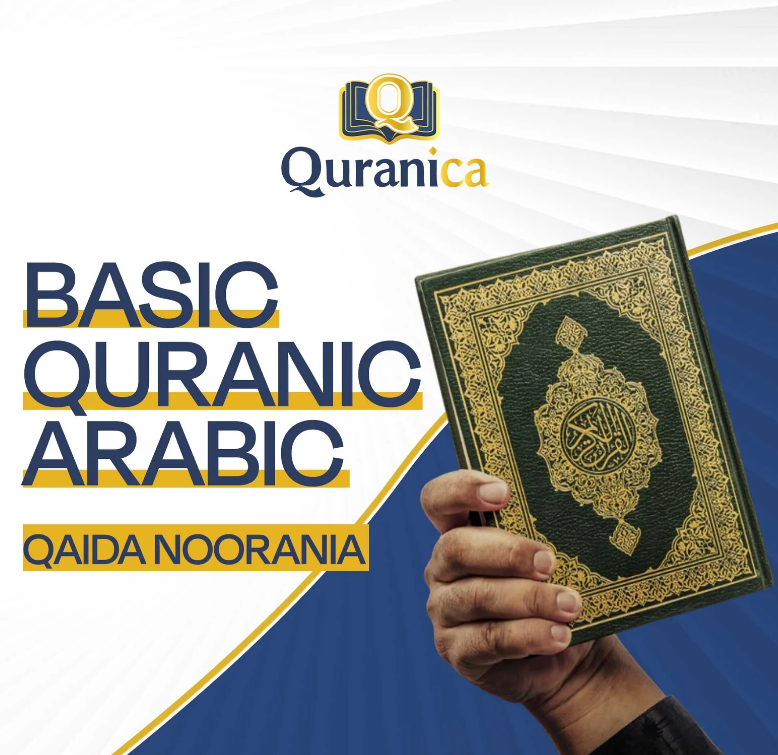
2. A Direct Command: Do Not Cause Corruption Upon the Earth
Allah (SWT) not only warns us about the consequences of corruption but gives a clear, direct prohibition against initiating it, especially after He has set things in order.
“وَلَا تُفْسِدُوا فِي الْأَرْضِ بَعْدَ إِصْلَاحِهَا”
“Wala tufsidoo fee al-ardi baAAda islahiha”
“And cause not corruption upon the earth after its reformation” (Al-A’raf 7:56)
Here the command is sharp and unambiguous: ‘وَلَا تُفْسِدُوا’ (Wa la tufsidu – And do not cause corruption/mischief). Where? ‘فِي الْأَرْضِ’ (fil-ard – upon the earth). When? ‘بَعْدَ إِصْلَاحِهَا’ (ba’da islahiha – after its reformation / after it has been set in order).
Allah establishes order, balance (Mizan, as we discussed), and goodness on Earth.
Our role is not to disrupt this divine order through pollution, waste, destruction, or injustice.
3. A Quranic Quote on Condemning Destruction
The Quran goes further to condemn specific acts of environmental and societal destruction, highlighting the motives of those who spread Fasad.
“وَإِذَا تَوَلَّىٰ سَعَىٰ فِي الْأَرْضِ لِيُفْسِدَ فِيهَا وَيُهْلِكَ الْحَرْثَ وَالنَّسْلَ ۗ وَاللَّهُ لَا يُحِبُّ الْفَسَادَ”
“Wa-itha tawalla saAAa fee al-ardi liyufsida feeha wayuhlika alhartha waalnnasla waAllahu la yuhibbu alfasada”
“And when he goes away, he strives throughout the land to cause corruption therein and destroy crops and progeny. And Allah does not like corruption.” (Al-Baqara 2:205)
This verse paints a picture of someone who actively works (‘سَعَىٰ’ – sa’a) to cause corruption. Al-Harth refers to crops, cultivation, tillage – the very basis of sustenance and ecological health. Destroying these is explicitly mentioned as a manifestation of Fasad.
The verse ends with a stark reminder: ‘وَاللَّهُ لَا يُحِبُّ الْفَسَادَ’ (Wallahu la yuhibbu al-fasad – And Allah does not like corruption). Our actions towards the environment are directly linked to what is beloved or hated by Allah (SWT).
Read more about: Quranic Verses: 20 Beautiful And Powerful Quranic Quotes in Arabic and English
4. A Quranic Quote on Cultivating and Developing Responsibly (Isti’mar)
Beyond avoiding harm, the Quran also points to a positive duty towards the Earth – that of responsible development and cultivation.
“هُوَ أَنشَأَكُم مِّنَ الْأَرْضِ وَاسْتَعْمَرَكُمْ فِيهَا”
“Huwa anshaakum mina al-ardi waistaAAmarakum feeha”
“…He has produced you from the earth and settled you therein…” (Surah Hud 11:61)
Let us reflect deeply on this part of the verse. ‘هُوَ أَنشَأَكُم مِّنَ الْأَرْضِ’ (Huwa ansha’akum min al-ard) – He brought you forth, originated you, from the earth itself. This reminds us of our physical connection to this planet.
Then, the crucial part: ‘وَاسْتَعْمَرَكُمْ فِيهَا’ (wasta’marakum fiha). This word Ista’marakum comes from the root ‘amara’, which implies making something flourish, cultivating it, building upon it, developing it. It’s often translated as “settled you therein,” but carries a stronger connotation of giving charge, tasking with development and making prosperous.
So, Allah (SWT) didn’t just place us here; He entrusted us with the earth to cultivate it, build civilizations, utilize its resources – but implicit in this trust (Amanah) is the responsibility to do so wisely, sustainably, and justly, in a way that ensures the earth remains flourishing according to His divine order, not one that leads to Fasad.
It is a call for constructive engagement, not destructive exploitation.
5. A Quranic Verse on the Interconnectedness of Creation
The Quran frequently emphasizes the intricate web of life and the delicate balance that Allah has established in the universe.
“وَمَا مِنْ دَابَّةٍ فِي الْأَرْضِ وَلَا طَائِرٍ يَطِيرُ بِجَنَاحَيْهِ إِلَّا أُمَمٌ أَمْثَالُكُم ۚ مَّا فَرَّطْنَا فِي الْكِتَابِ مِنْ شَيْءٍ ۚ ثُمَّ إِلَىٰ رَبِّهِمْ يُحْشَرُونَ”
“Wama min dabbatin fee alardi wala tairin yateeru bijanahayhi illa omamun amthalukum ma farratna fee alkitabi min shayin thumma ila rabbihim yuhsharoon”
“And there is no creature on earth or bird that flies on its wings except [that they are] communities like you. We have not neglected in the Register a thing. Then unto their Lord they will be gathered.” (Surah Al-An’am 6:38)
Allah declares that every creature (‘دَابَّةٍ’ – dabbah – creature/moving being) on Earth and every bird that flies is a community (‘أُمَمٌ’ – umam) like us.
This challenges any notion that allows for the careless exploitation of other species. It reminds us that we share this planet and that these “communities” are interconnected.
Read more about: Top 15 Quranic Verses About the Quran
Learn More of Quran’s Wisdom with Quranica
At Quranica, our purpose is to facilitate this connection for you. We are blessed with dedicated, native Arab teachers, many of whom are graduates of the prestigious Al-Azhar University here in Egypt.
We bring experience in teaching the Quran, Tajweed, Arabic language, and Islamic Studies specifically to non-Arab learners from across the world. Our instructors are certified with Ijazah (licenses) to teach Quran recitation and memorization, ensuring authentic transmission of knowledge. We strive to make this sacred learning accessible through competitive pricing.
We guide students to:
- Recite with Tajweed, feeling the Quran’s healing rhythm.
- Memorize (Hifz), embedding Quran’s verses in your heart.
- Study Tafsir, uncovering layers of wisdom in every word.
Explore our full range of courses.
Join our family at Quranica TODAY.
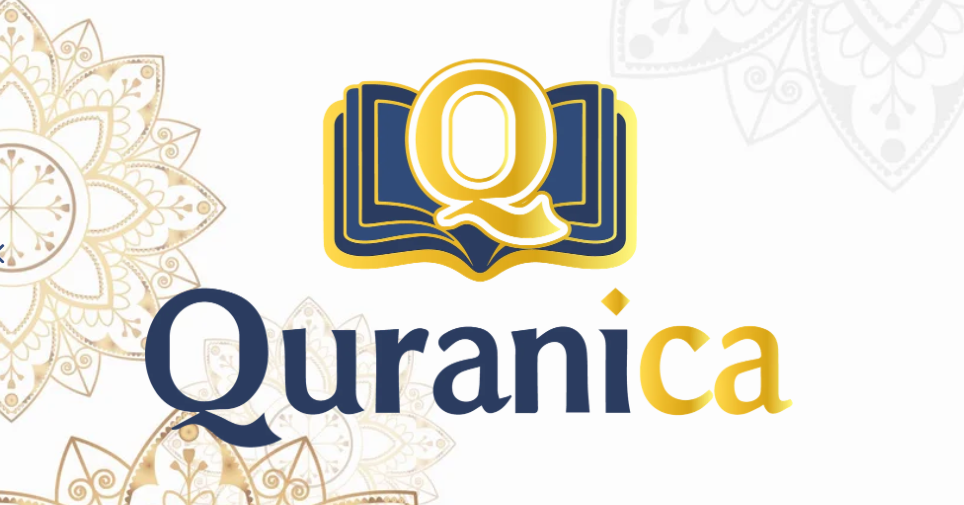
Conclusion:
The Quran presents a holistic framework for environmental protection—one that is grounded in divine guidance and timeless wisdom. From warning against corruption on land and sea, to instructing believers not to disturb Earth’s natural harmony, the Quran is clear: we are not owners of this planet, but trustees.
Allah (SWT) not only condemns those who destroy crops and life but also reminds us of the shared community we have with all creatures. Every verse is a call to humility, accountability, and proactive care for the world we inhabit.
At Quranica, we help students uncover the rich, layered meanings of such verses through our comprehensive Quranic courses. Whether you’re learning to recite with Tajweed, understanding Tafsir, or exploring Quranic Arabic, we provide the tools to deepen your connection with Allah’s words.
The Quran’s message about the environment becomes even more powerful when understood in its original language and context. Start your journey with Quranica today and discover how the Quran guides every aspect of our lives—including how we care for the Earth.
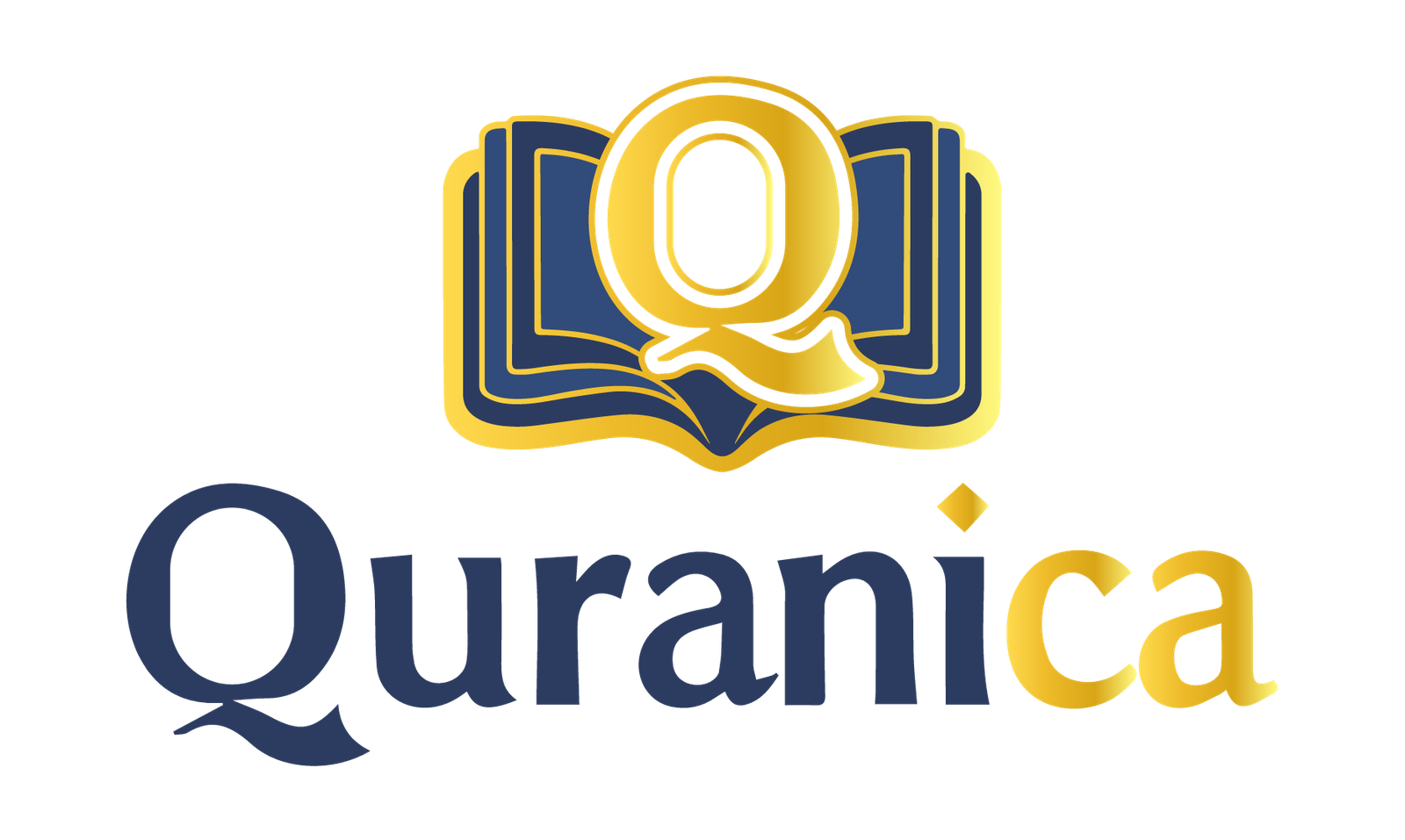
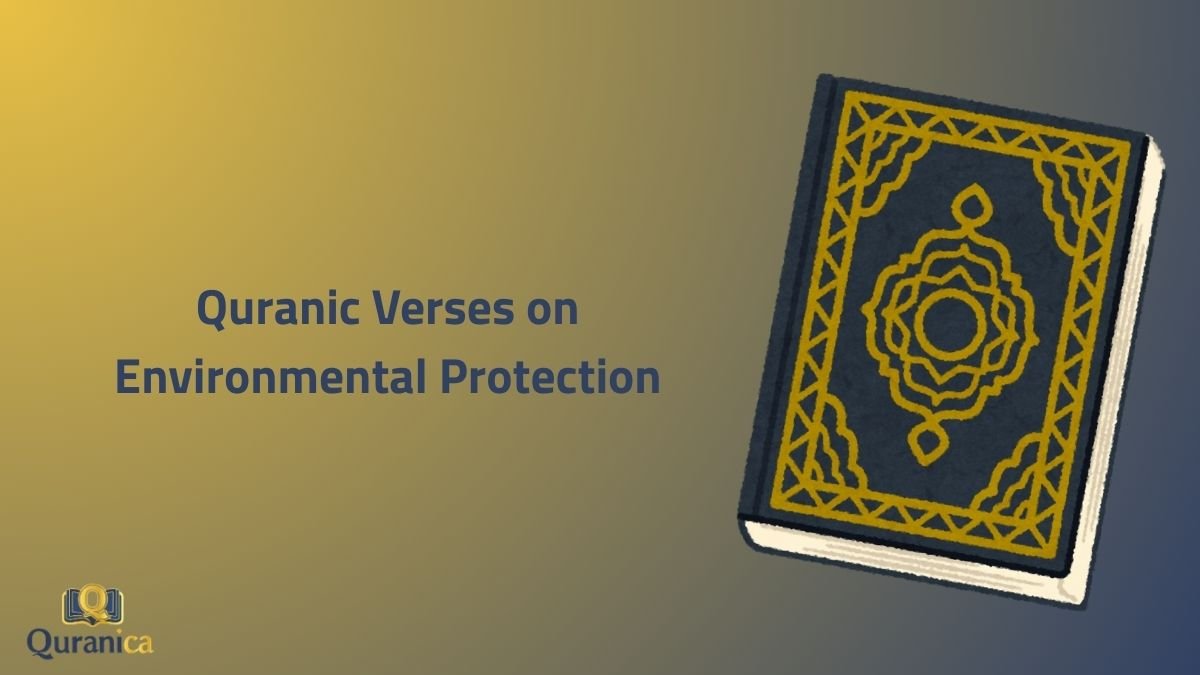


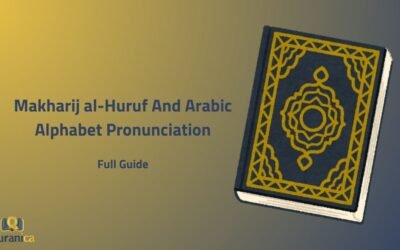
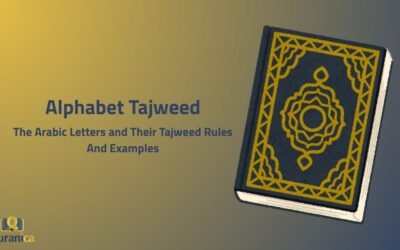


0 Comments